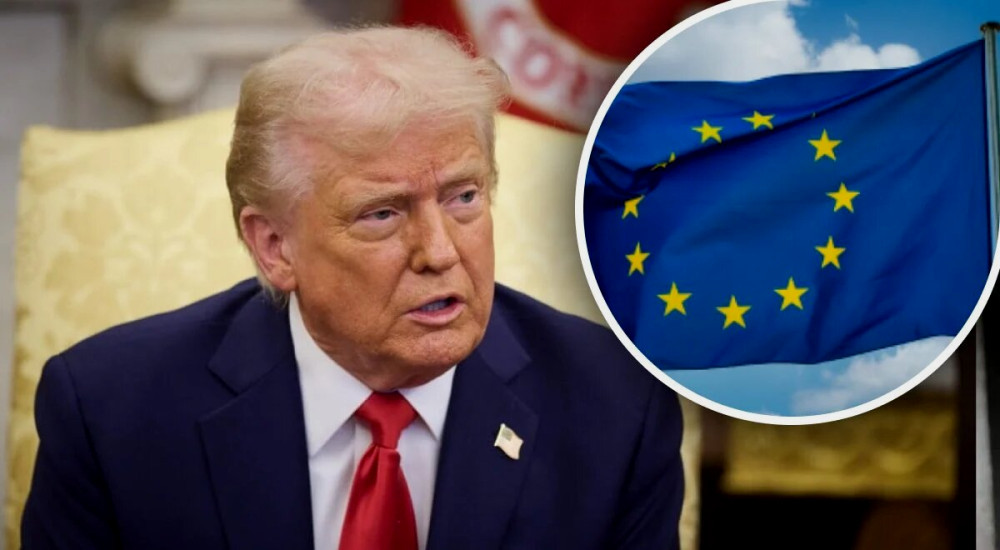The publication The Guardian reports that European nations will not support any U.S. initiatives regarding the recognition of Crimea as Russian or pressuring Kyiv to agree to such terms. Some European officials express concern that these disagreements could undermine transatlantic security and even jeopardize the upcoming NATO summit in June.
Source: "European Truth" referencing The Guardian
According to the report, the Trump administration presented Ukraine with a deal that contains terms highly favorable to Moscow, including the recognition of Crimea as part of Russia.
However, European capitals have stated that they will not support any steps regarding the recognition of Crimea as Russian. They will adhere to their longstanding position: not accepting anything that pertains to Ukraine's sovereignty.
For Europeans, the idea of recognizing the annexation of Crimea is unacceptable, as it would undermine the rules-based order that has sustained peace on the continent for generations. "Crimea and Ukraine's aspirations for NATO membership are a red line for us. We cannot abandon them," said an unnamed EU official.
The European official further noted that the Trump administration has already been informed that European capitals cannot recognize Crimea as Russian. The major European NATO nations must "dissuade" Washington from unilateral actions, the official added.
The status of Crimea could lead to a serious diplomatic crisis within NATO, the publication highlights. Before the U.S. proposal, NATO representatives attempted to downplay internal disagreements regarding Ukraine, insisting that the annual summit of Alliance leaders in The Hague would focus on defense spending rather than war, according to discussion participants.
However, the deal proposed by Trump and the possibility that the U.S. might ease negotiations, blame Kyiv, and normalize relations with Moscow could lead to a rift among NATO leaders. "The main issue of the summit is our stance on Ukraine," said a Western official.
Such disagreements are likely to deepen within the EU as well, particularly concerning how to address the economic sanctions imposed by the EU on Russia if Washington decides to lift its restrictions.
"The situation appears very grim," said an EU official. According to him, any U.S. move to recognize Crimea as part of Russia or to pressure European capitals to soften sanctions against Moscow would "destroy EU unity."


